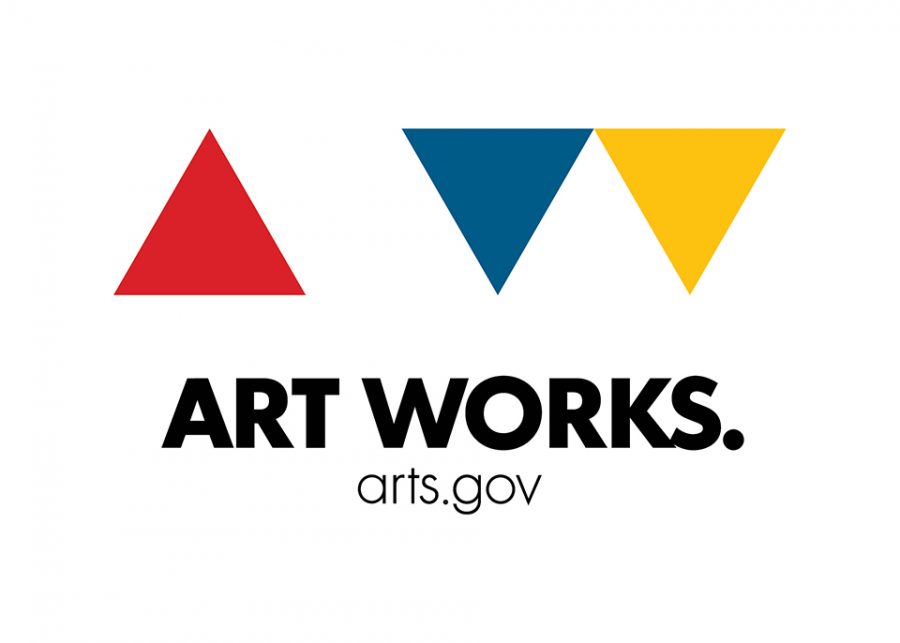National Endowment for the Arts should not be defunded
Art consumed by students will be affected by elimination of agency.
March 22, 2017
The Trump administration’s recent plan to defund the National Endowment for the Arts and several other agencies is an unnecessary decision that does not go without precedence. Similar to multiple past efforts to defund the NEA, the White House’s decision to defund the independent art agency also shows how powerful conservative organizations such as the Heritage Foundation fail to understand the purpose of art and the democratic values embedded in public cultural infrastructure.
powerful proponents of defunding agencies
Among proposals to make significant cuts to the State Department and the Environmental Protection Agency, the Trump administration has included a plan to eliminate all federal funding for several agencies — most notably the aforementioned agency created to fund art projects nationwide. According to an article published by the Los Angeles Times, the White House will stop all funding to 19 agencies. Along with the NEA, agencies such as the Corporation for Public Broadcasting, Institute Museum and Library Services, National Endowment for the Humanities, Legal Services Corporation and the Woodrow Wilson International Center for Scholars provide a valuable service to the cultural and intellectual fabric of this country.
Predominantly conservative political forces have historically been and continue to be powerful proponents of defunding agencies such as the NEA. The Heritage Foundation — a well-known and politically influential think tank — recently published a report listing 10 reasons the federal government should eliminate funding for the NEA.
According to the report, the NEA should be defunded because “the agency offers little more than a direct subsidy to the cultural, upper-middle class” and the organization “continues to offer tax dollars and the federal seal of approval to subsidize ‘art’ that is offensive to most Americans.” The report also claims the art community does not need support from the NEA to thrive and also states that the agency “is welfare for cultural elitists.”
Failing to understand great art
The forces advocating for the elimination of the NEA are the same forces that propose “limited government” and increased privatization of public good and services. According to these conservative voices, some of the art funded by the NEA is offensive and “lowers the quality of American art.” Yes, some of the art funded by the NEA does break the barriers of what is considered art and challenges the artistic status quo. The Trump administration, however, fails to understand all great art somehow challenges the accepted norms of the times. The NEA does not lower the quality of American art. In fact, the NEA has helped expand the availability of art to the American public and have cultivated well known artists, such as the late photographer Robert Mapplethorpe — considered one of the greatest American photographers of the 20th century.
This nation should not defund the NEA so the administration could use the elimination of the agency as an empty symbol of the administration’s commitment to lower the federal deficit spending. Defunding an agency that only, according to the Los Angeles Times, “makes up 0.013% of all discretionary spending or 0.004% of the total 2015 federal budget” in the hopes of lowering deficit spending is not only fiscally irrational but almost comedic.
Defunding an agency that funds art programs for veterans, high schools and grassroots art projects is not only harmful to the cultural foundation of this country, but also unnecessary. Most Americans support the NEA. Students benefit from the NEA supporting museums and libraries. An Los Angeles Times article states there are 162 different ways the defunding of the NEA will affect California. If all else fails, we should keep the agency, not only because of the valuable service it provides to the public, but because of the simple democratic fact that most Americans support this humble yet influential agency.







